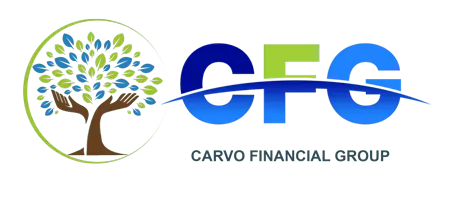As more homeowners opt for renewable energy solutions, understanding how solar panels affect homeowners insurance is crucial. At Carvo Insurance Group, we recognize the importance of adapting insurance policies to include modern home improvements like solar panels. This blog post will answer some common questions about homeowners insurance coverage relating to solar panels using a simple Q&A format. Discover how our instant online quotes, instant online binding, and instant online insurance proposals can help you secure comprehensive coverage that includes your solar energy systems.
Do Solar Panels Affect Homeowners Insurance?
Q: Will installing solar panels affect my homeowners insurance policy?
A: Yes, installing solar panels can affect your homeowners insurance because they increase the value of your home and can also pose additional risks. Most policies will cover solar panels as part of the home structure if they are mounted on the roof, but it’s essential to inform your insurer about the installation to ensure that they are included in your coverage.
How Do Solar Panels Impact Insurance Premiums?
Q: Can solar panels increase my insurance premiums?
A: Solar panels may lead to a slight increase in your insurance premiums due to the increased value of your home and the cost of replacing the panels if damaged. However, the increase in premiums can often be offset by the long-term energy savings and potential tax incentives offered for renewable energy installations.
Are All Types of Solar Panels Covered?
Q: Are all types of solar panels covered under homeowners insurance?
A: Coverage can vary depending on the insurer and the type of solar panel system installed. Roof-mounted systems are generally covered under standard homeowners insurance policies, but ground-mounted systems might require additional coverage since they are considered separate structures.
What Risks Do Solar Panels Pose?
Q: What specific risks to solar panels does homeowners insurance cover?
A: Homeowners insurance typically covers risks such as fire, hail, and storms, which can also apply to solar panels. However, it’s important to check if your policy includes specific exclusions related to solar panels. In some cases, you might need to purchase additional coverage to protect against risks like mechanical failures or damage from electrical surges.
How to Ensure Solar Panels Are Fully Covered?
Q: How can I make sure my solar panels are fully covered by my homeowners insurance?
A: To ensure that your solar panels are fully covered, you should:
- Notify Your Insurer: Inform your insurance provider about the solar panel installation as soon as possible.
- Review Your Policy: Check your current coverage limits and adjust them if necessary to include the value of the solar panels.
- Consider Separate Solar Insurance: For extensive solar panel systems, particularly ground-mounted or for solar energy businesses, consider a separate solar panel insurance policy that covers specific risks associated with solar systems.
Call to Action
Are you considering installing solar panels, or do you already have them installed on your property? Ensure your investment is protected with the right homeowners insurance coverage. Carvo Insurance Group can provide you with an instant online insurance proposal tailored to include solar panel systems. For Home Owners Insurance Quote, click here.
Conclusion
Solar panels are a significant investment that can increase your home’s value and sustainability. Ensuring they are adequately covered by your homeowners insurance is essential for protecting this investment. With Carvo Insurance Group, you can easily adjust your policy to include solar panels, ensuring you are protected while enjoying the benefits of renewable energy. Contact us today to learn more about our customizable insurance solutions.


